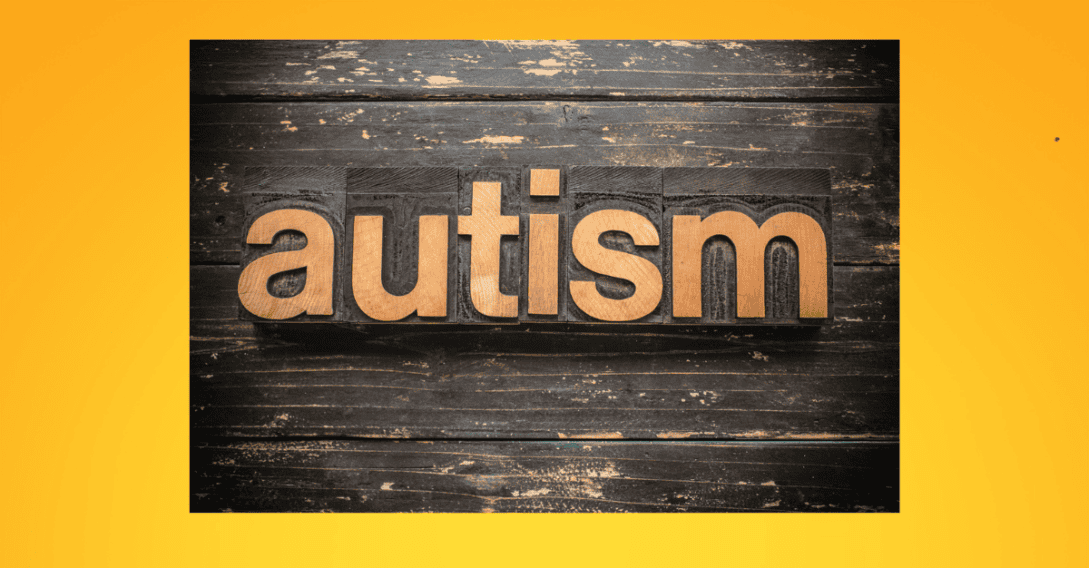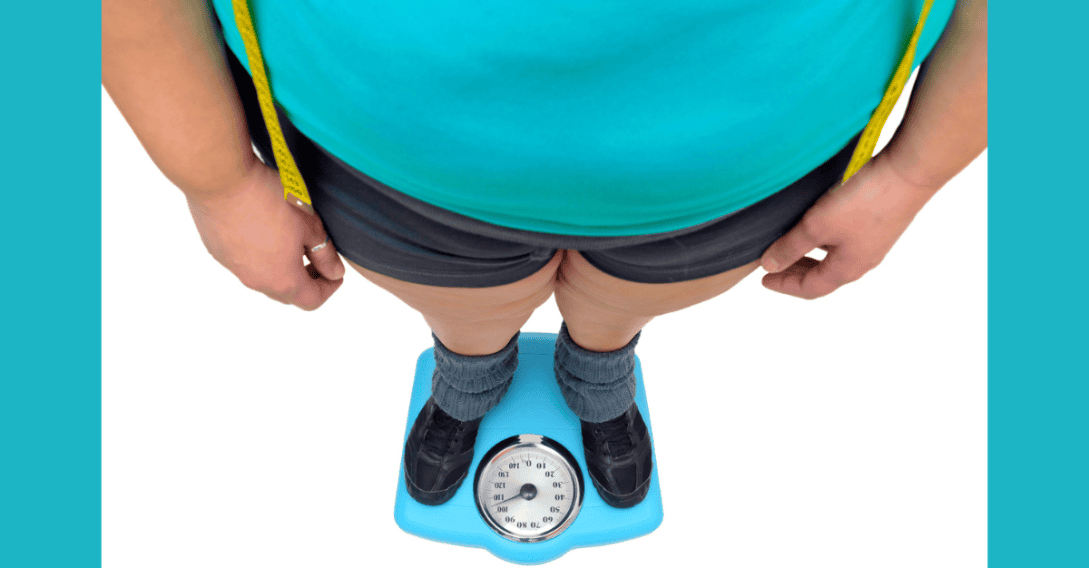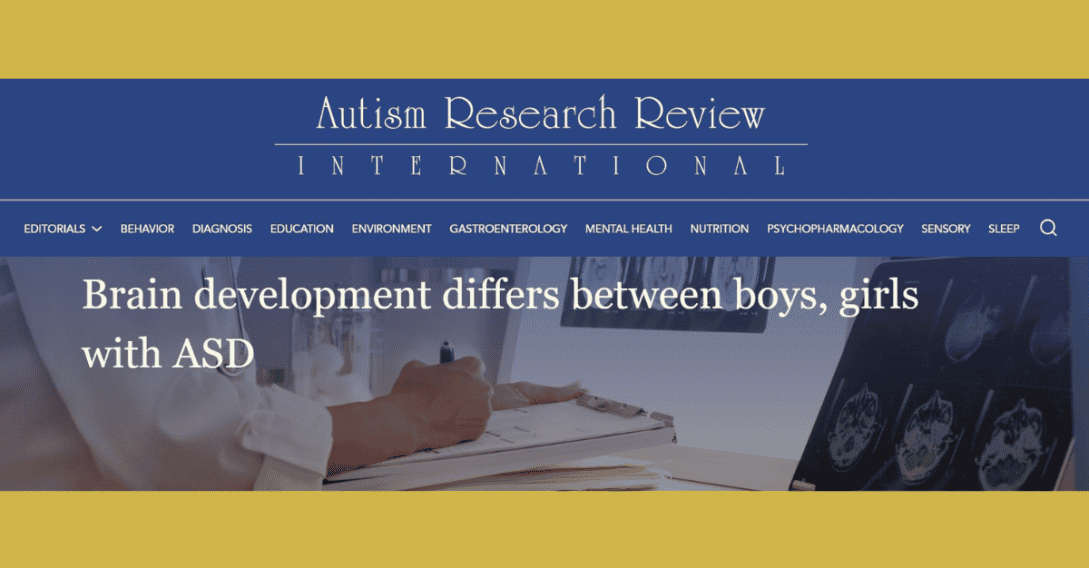Autism Overview
Autism spectrum disorder (ASD) is a term used to describe a range of serious neurodevelopment disorders. Key symptoms that begin within the first two to three years of life are social impairment, difficulty with communication, poor motor control, and repetitive behaviors. Difficulties with sleep and digestive problems, among other challenges, are also seen.
It is not uncommon for people with ASD to display special skills in the arts or cognitive areas.
Within the spectrum, autism is a severe form of ASD, while Asperger syndrome is a mild form. Other disorders that fall within ASD are Rett syndrome, childhood disintegrative disorder, and pervasive developmental disorder not otherwise specified (PDD-NOS).
Recent increases in the incidence of ASD have caused alarm. Once rare, current estimates are that 1 in 88 young children have autism, with males four times as likely as females to receive the diagnosis.
Autism used to be considered untreatable, and therapies focused primarily on medications to control disruptive behaviors. Now, behavioral and biomedical treatments are available that can make a significant difference in the accomplishments and lifestyle of those with a diagnosis of ASD.




Related articles are shown below. If you don’t find what you’re looking for, you can search using the box at the upper right of the page or browse our forums.












